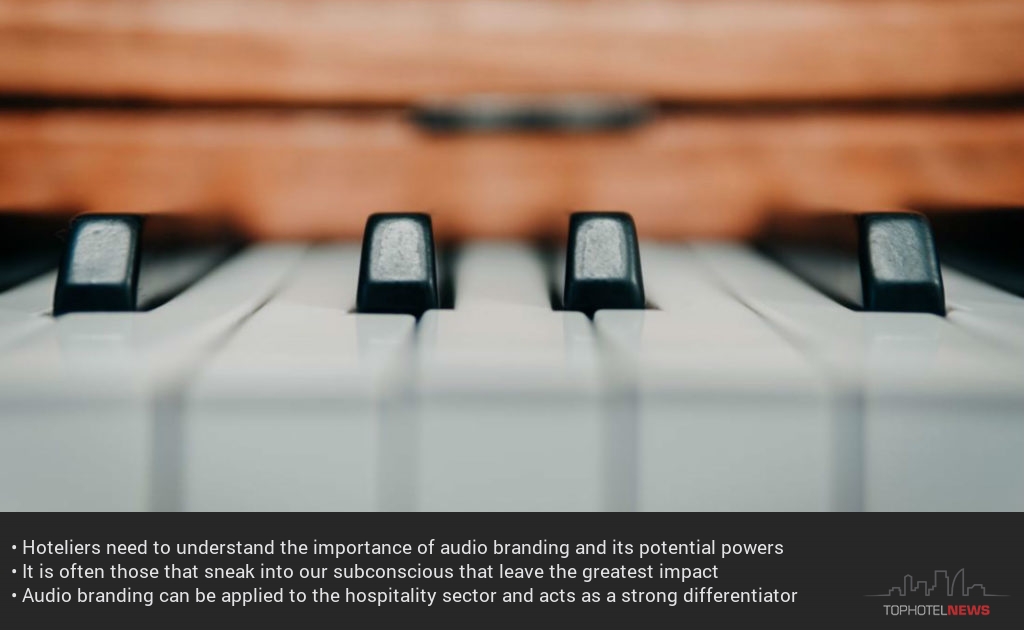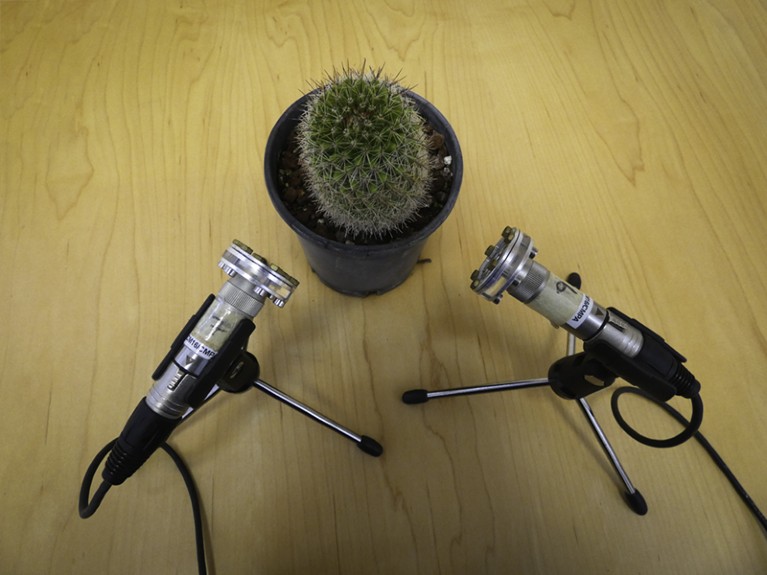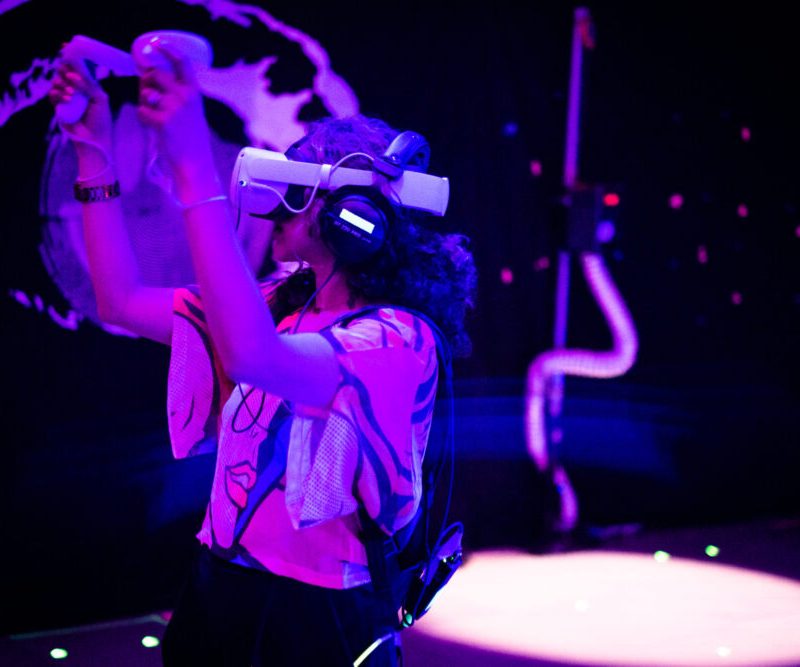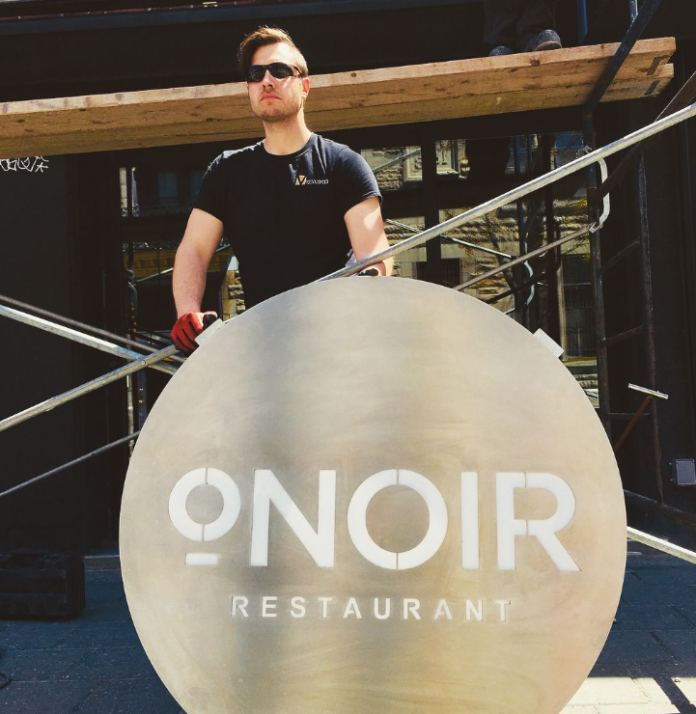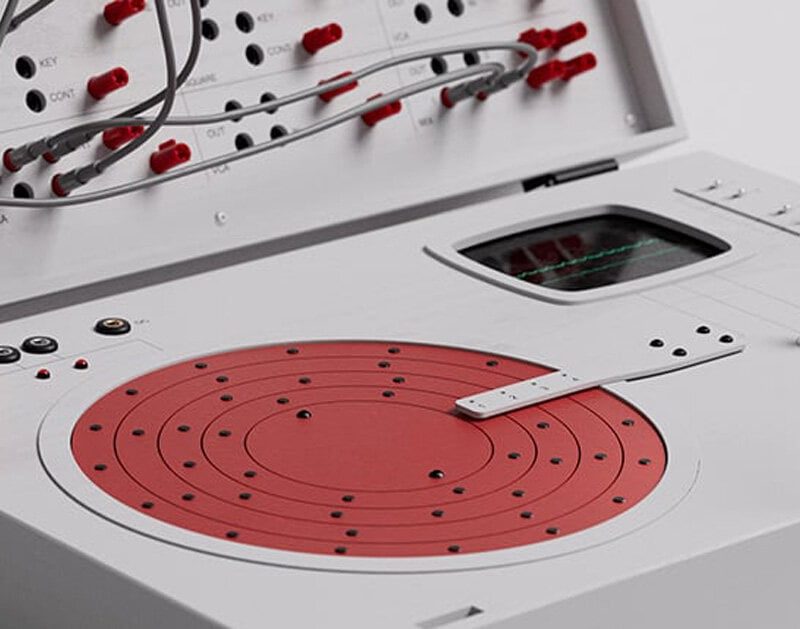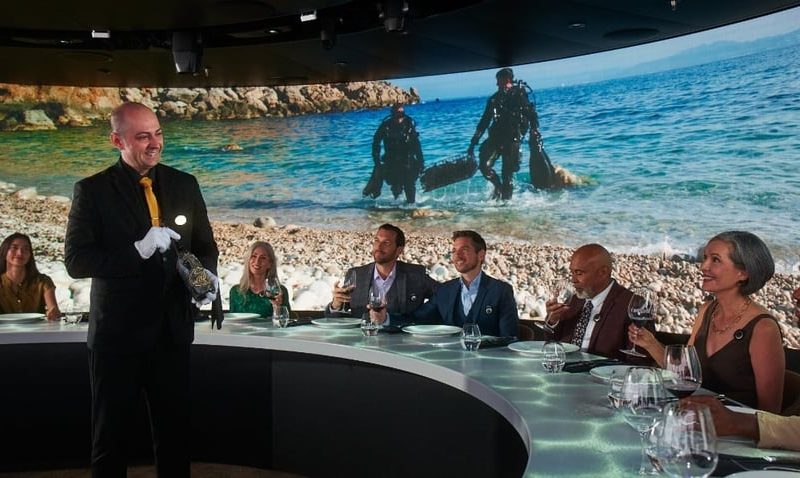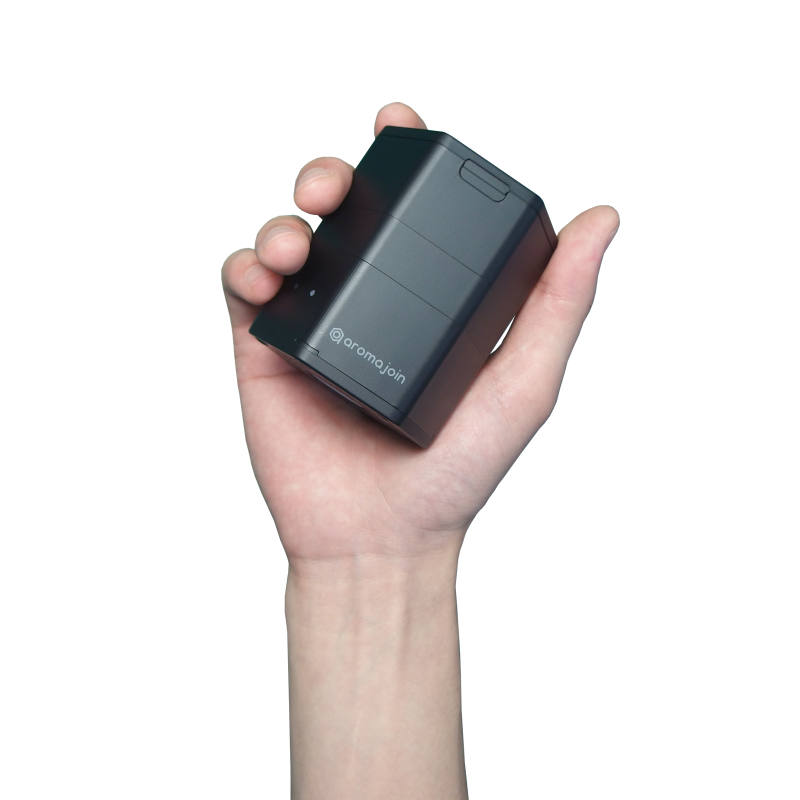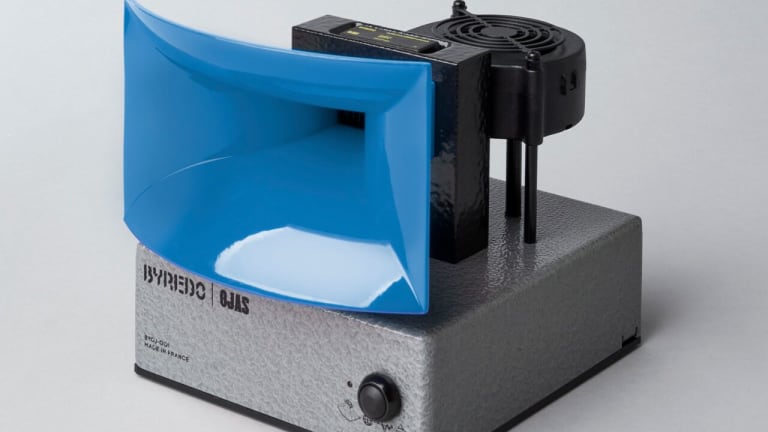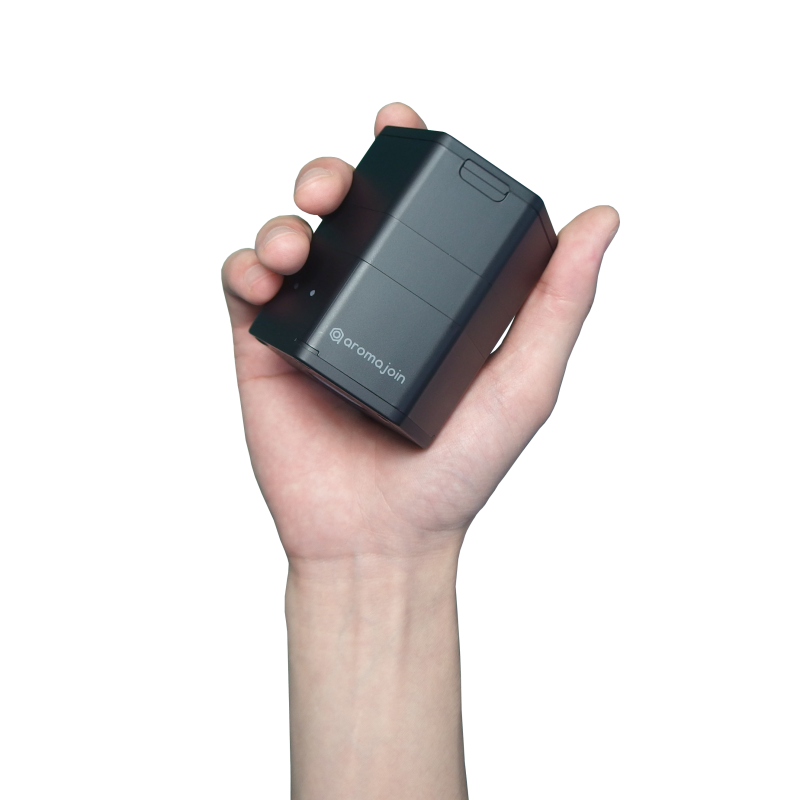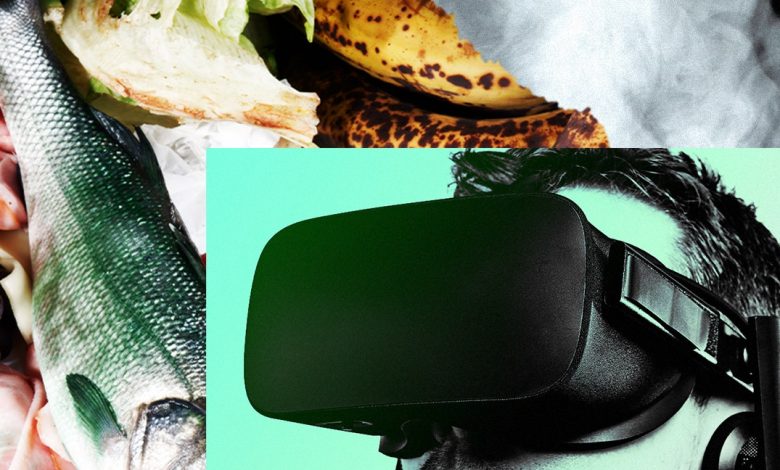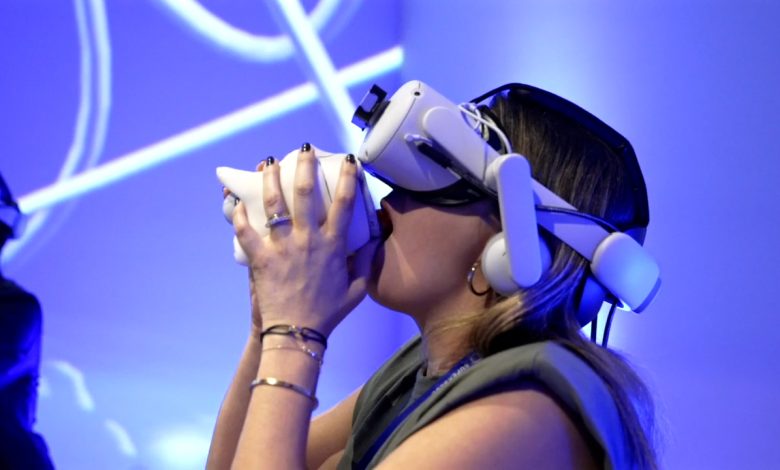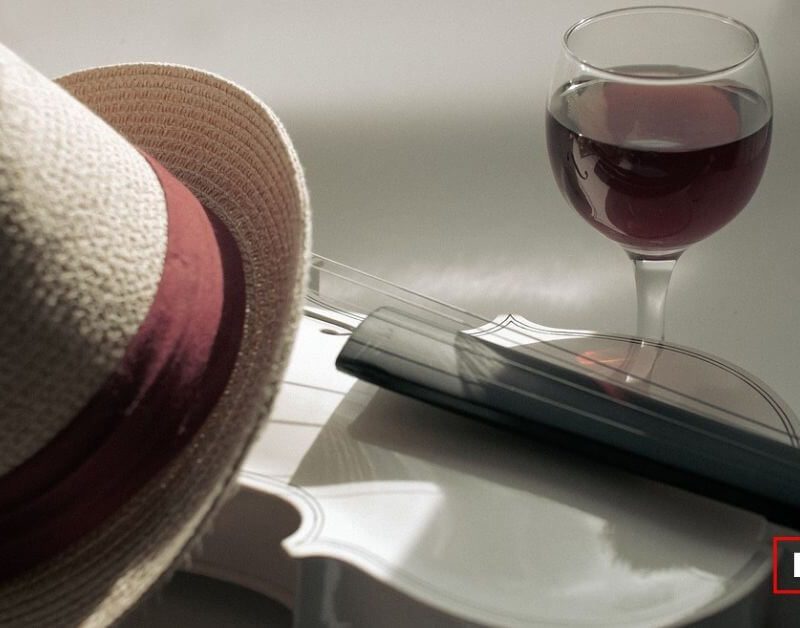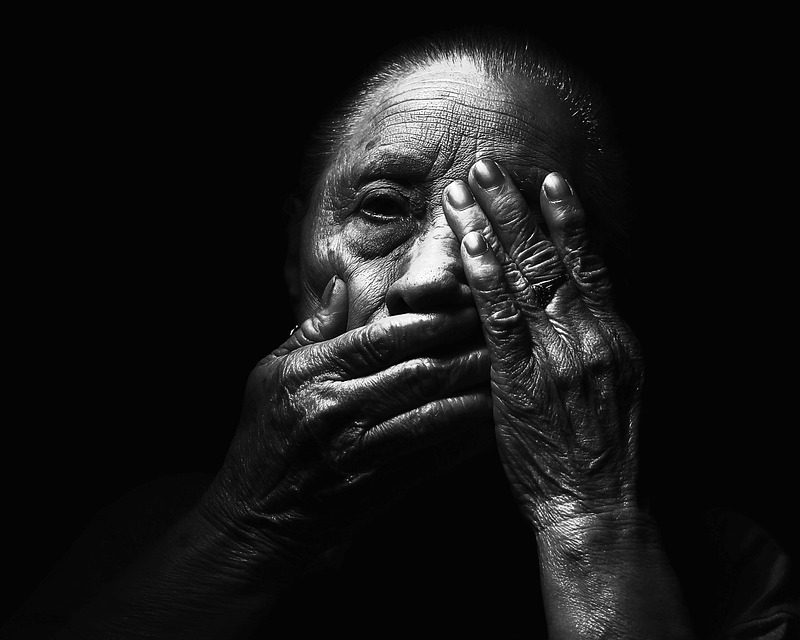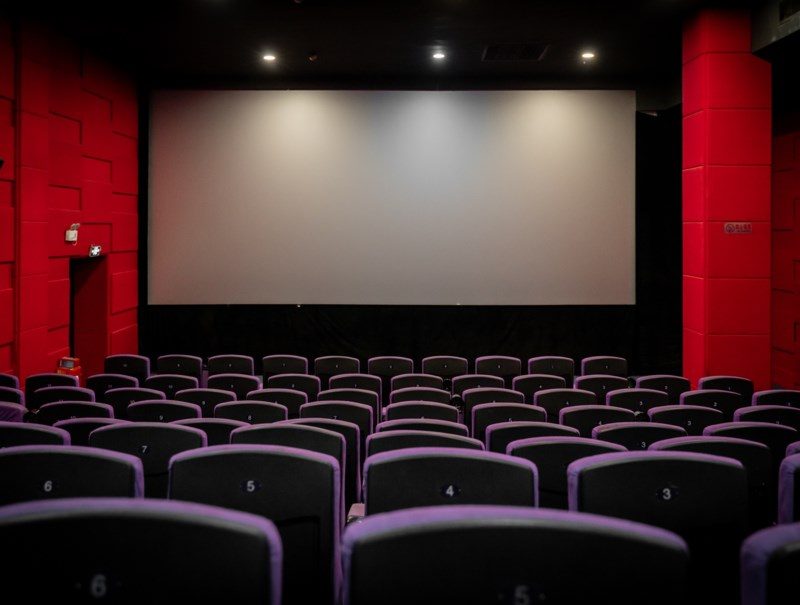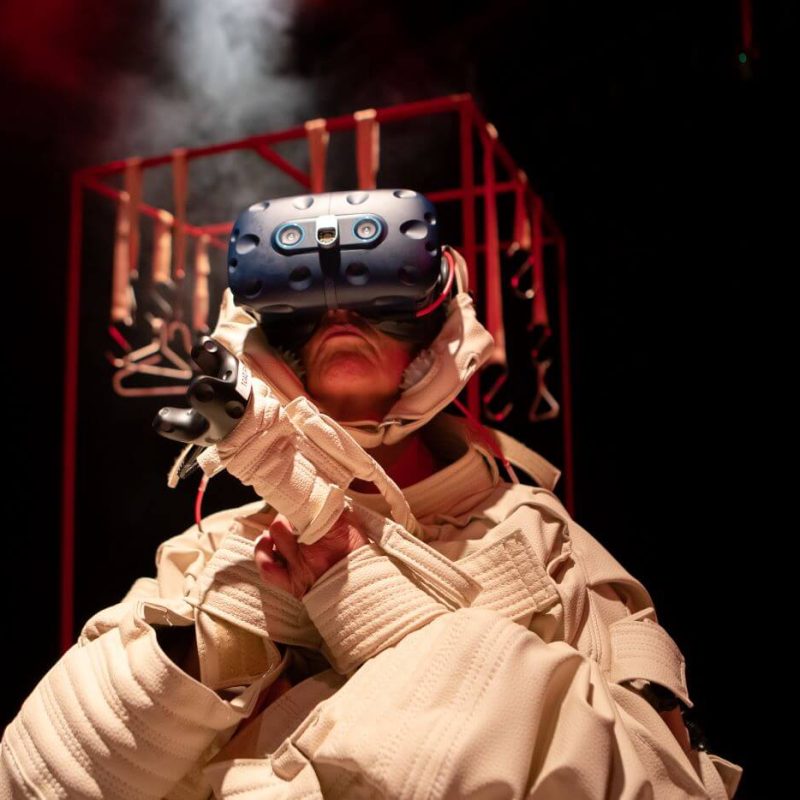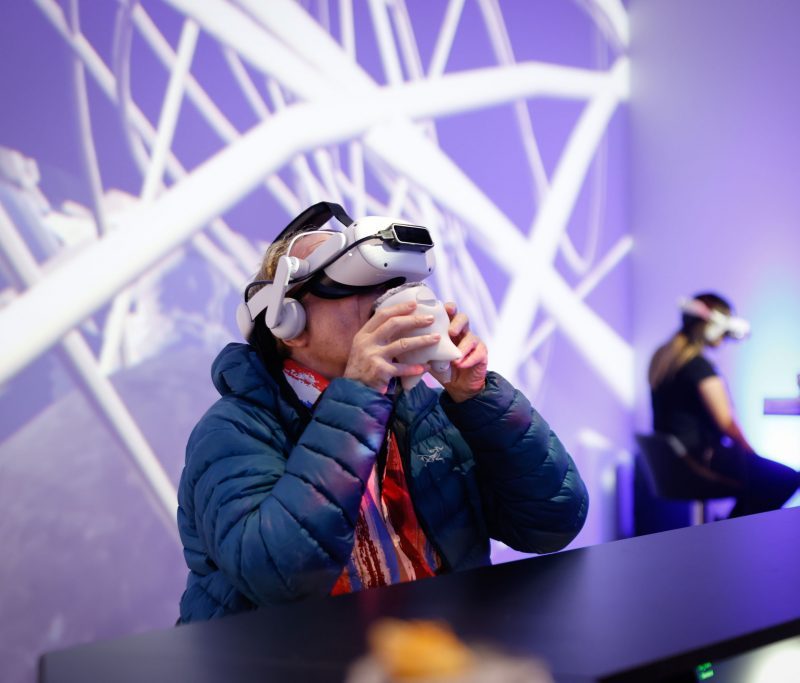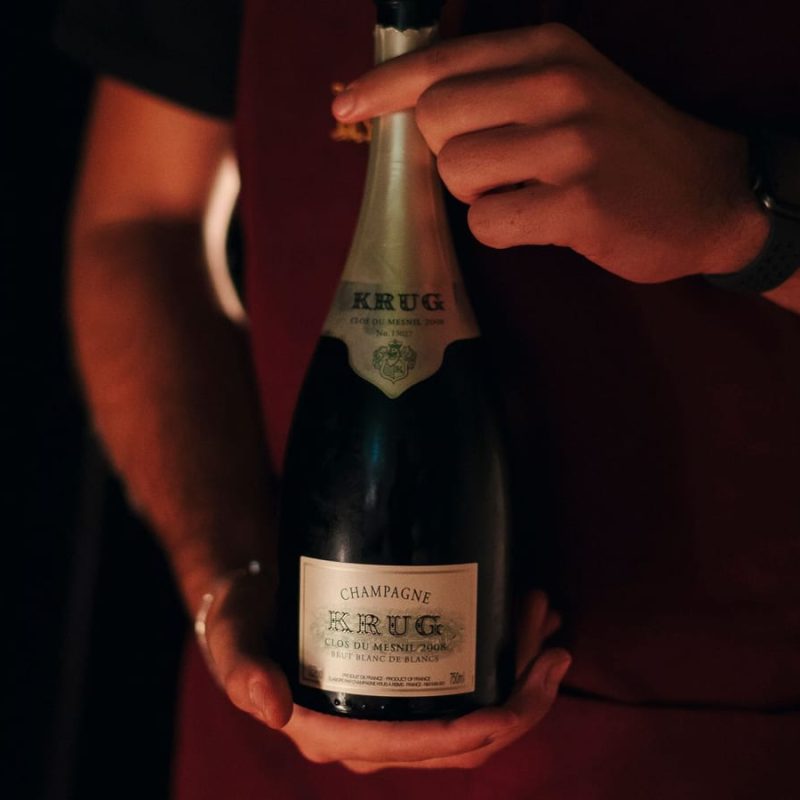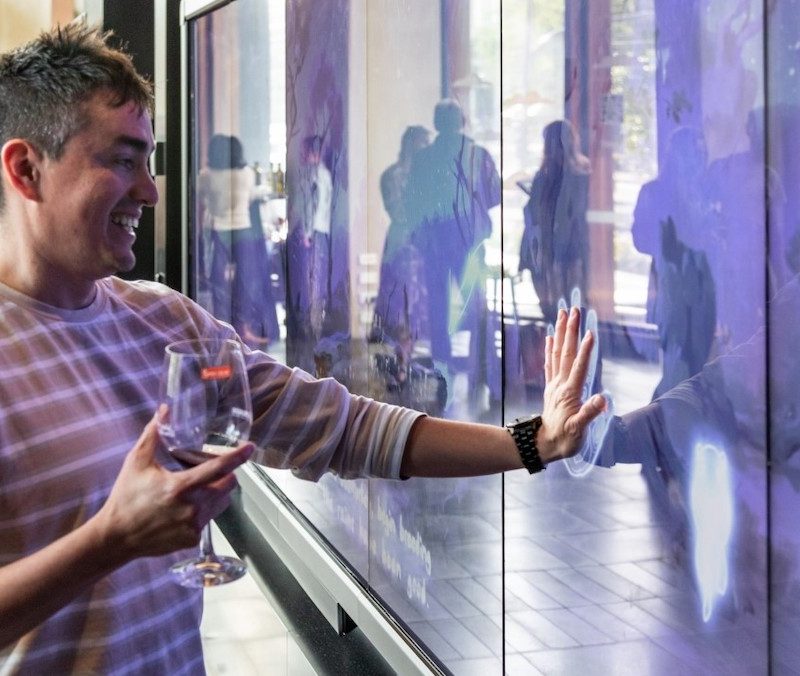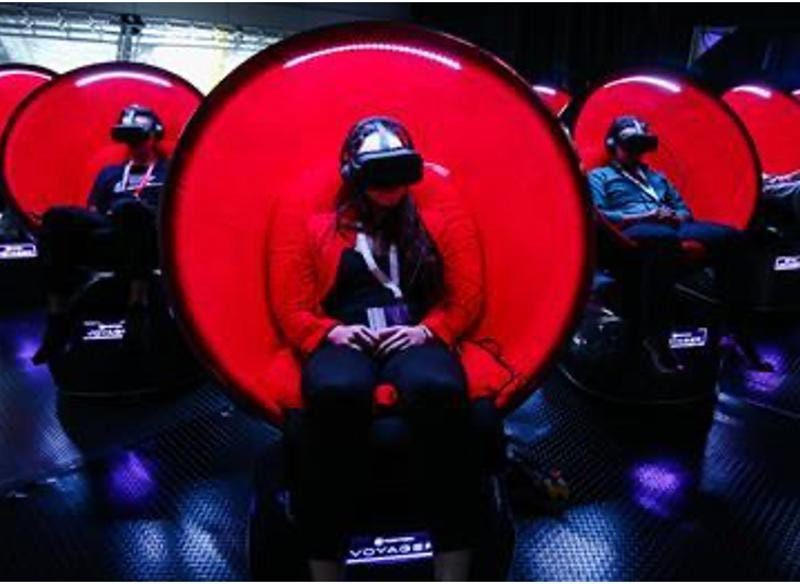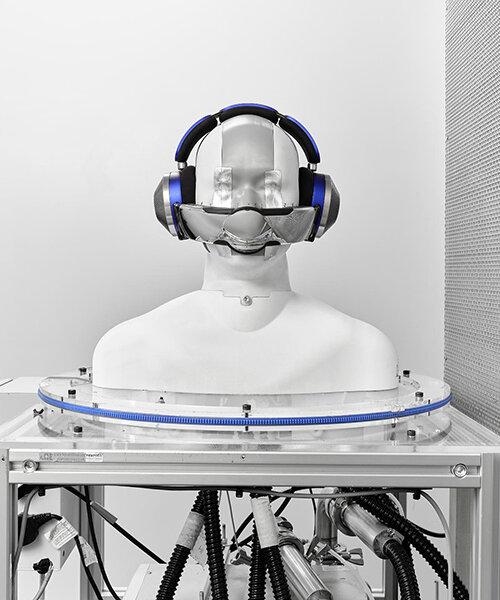Sound is a mysterious sense. It weaves in and out of space, invisible to the eye, yet oh-so-powerful to the ears. Along with sight, it accounts for 99 percent of all brand communication.
Despite impacting our mood and psychological state, however, audiobranding is surprisingly underutilized in hotel marketing. Hoteliers need to understand the importance of audio branding and its potential powers when applied strategically. While other industries have capitalized on the power of sound, the hospitality industry has been a bit reticent in adopting its principles. Here’s why that may soon change.
What is audio branding?
In short, audio branding is the strategic use of sound within marketing to reinforce a brand and enhance customer engagement. As described by Karlheinz Illner , “The key elements are: sound logo, brand song, sound icons, brand score, brand hook line, brand voice and even soundscapes. These elements should reflect the brand values and brand personality in their acoustic dimensions and should acoustically distinguish a brand from its competition.”
Like all marketing tactics, it is often those that sneak into our subconscious that leave the greatest impact. Chances are, you’ve experienced the nuances of this phenomena. An extremely popular form of sound marketing is through the use of audio logos (also known as jingles). They are especially effective because they use short sound clips and repetitiveness, two components that make memorization frustratingly easy.
Let’s note that audio branding is an expertise that is mastered by very few companies in the world. It requires a large understanding of this musical language which is why companies need to seek advice and help from experts to assure, in the end, the full benefits of audio branding.
The power of sound
Audio branding works by awakening one of the five fundamental senses: hearing. While we can close our eyes to ignore visual advertising, we can’t very well close our ears, thereby making this form of marketing ever more powerful. Sound serves as a way to make an emotional connection to customers and create memories. Most of our purchases are based on emotions. Sound can be used to define, differentiate, and communicate. Carefully selected music generates more revenue by creating a positive atmosphere, thereby encouraging customers to stay longer in place and increase the amount of purchases.
Recent research has shown that stimulating various sensory stimuli enables companies to build stronger links with customers but also create a penchant for their brands (Dixon et al., 2011). This is the first part of the relationship building between the customer and the brand (before they experience the service).
Music also plays a major role in memorisation. Within long-term memory, the full experience is stored as a whole and the role of one stimulus (e.g. music in our case) cannot be separated from it. When a ‘bundle of stimuli’, as suggested by Dixon et al. (2011), is presented to someone, the memory is stored and associated to the emotion created by the stimuli.
So how does all this relate to the hotel industry?
Studies show that we associate sounds with certain memories. Since a mood is readily associated with specific experiences, it’s important to choose sounds that manifest positive emotions. Audio branding’s strengths are highly linked to music’s high emotional impact. As a consequence, its potential is to reactivate good
memories from a previous stay, being paramount in the customer experience especially on its ability to reexperience a positive emotional state later on.
The large number of touchpoints makes hospitality the perfect target for audio branding.
The complexity lies in hospitality’s three crucial dimensions of the experience: before (reaching out to potential customers and returning ones), during (immersing the customer & creating a bond) and after (strengthening the bond & reactivating memories through sound).
Yet it’s also important to be consistent in the sound used. It would be confusing to customers to hear a variety of sounds associated with a hotel’s brand. Although it’s appropriate to use variations, it’s critical that customers identify the brand with a specific style, just as in the case of visuals. The first decision, then, is to define where sounds will be used and what styles of sound are most suitable. Ideally, the sounds inside the hotel will align with the sounds used on the website, when people call in to the hotel, and in advertising. The music program should have an emotional resonance with customers that reflects the brand’s personality.
For the in-person experience, it is paramount to identify the different customer touchpoints throughout the hotel and determine where it adds value to the client
experience. Piping music in through every corner of the hotel would not only be expensive, it would be irritating to customers, so some parameters are needed.
Equally important is choosing the right music to incorporate. Often, hotels make the mistake of using the same types of music as one another, such as the top hits from the 70s, 80s, 90s, or a mix thereof. This generic compilation ensures that most hotels sound identical and cheap. It also shows a disregard for the appreciation of the quality and power of music. Instead, it is important to choose music that shapes the emotional investment visitors have to the hotel and helps usher in positive memories.
Raising awareness
In conclusion, hospitality aims at layering experiences for the customer through sensory branding as it allows prioritising and optimising sensory interactions through all touchpoints of the customer experience (Dixon et al., 2011). It opens up new ways of connecting with consumers and differentiating itself. At Sixième Son, we develop musical strategies to enhance customer experience throughout a large amount of touchpoints in different industries such as airports, retail, hospitality & luxury. (a few examples of our current clients : Paris Airports, Berluti, Dior Instituts, AccorHotels, Petit Bateau, …)
This is why audio branding can be applied to the hospitality sector and acts as a strong differentiator. However, only full audio branding and its strategic implementation can have a positive final impact on the customer’s experience.
Source: How to use sound strategically in Hospitality? – TOPHOTELNEWS

